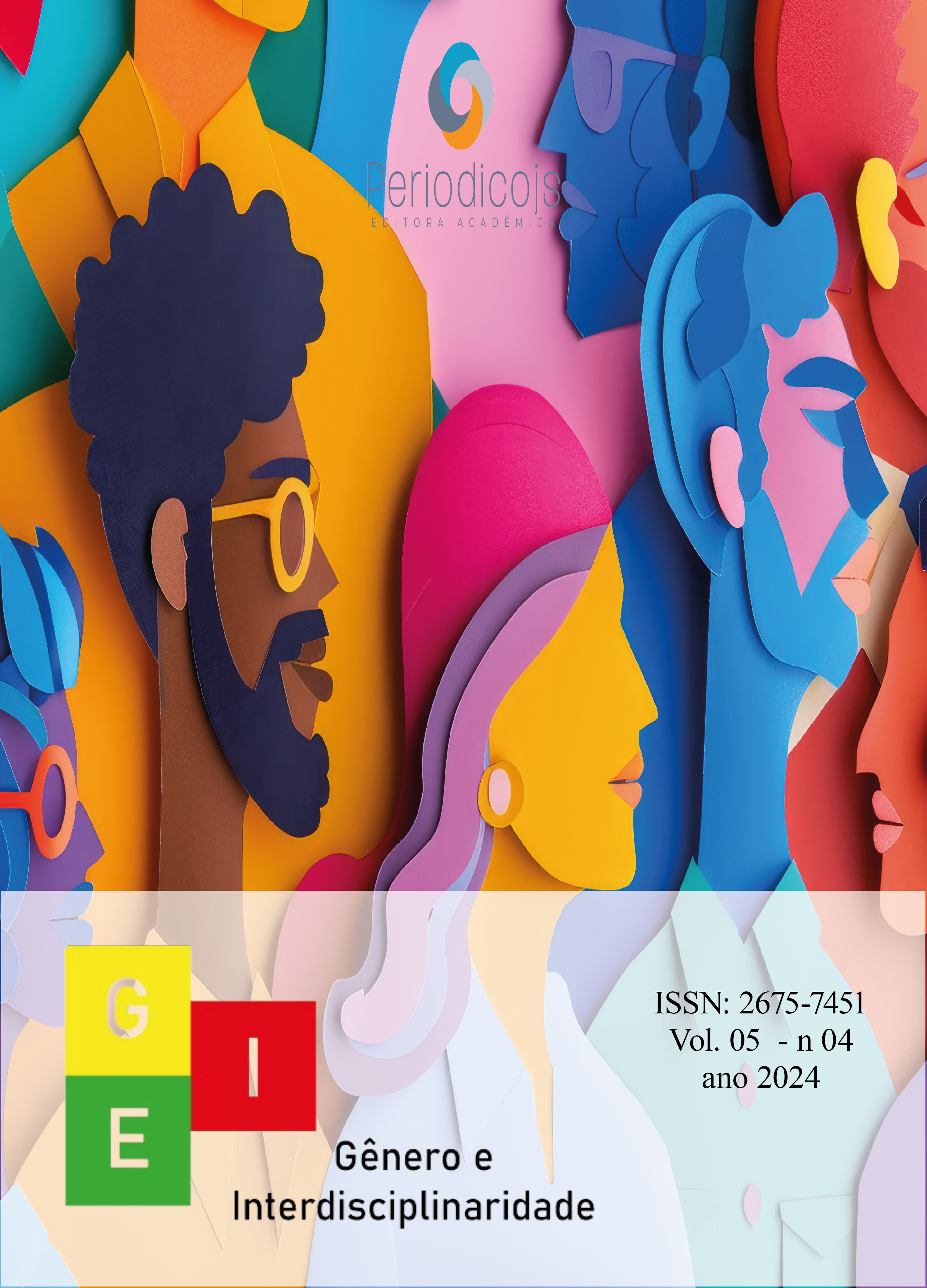Abstract
This article addresses the school inclusion of deaf people from a biosocial perspective, a topic of great relevance in the context of inclusive education. Recognizing the importance of addressing this issue in depth, the study proposes a detailed analysis of deaf education, encompassing historical, cultural and pedagogical aspects. The justification for developing this research lies in the growing need to guarantee an educational environment that promotes the learning and integral development of deaf students, respecting their specificities and rights. The objectives of the study include understanding the biological and social factors that influence the school inclusion of deaf people, analyzing effective pedagogical strategies for this audience and promoting critical reflection on the inclusive process in schools. The methodology adopted involves a comprehensive literature review, complemented by case studies that illustrate successful educational practices. The main results indicate that the school inclusion of deaf people still faces significant challenges, such as the lack of preparation of education professionals and the lack of adequate resources. However, there is also progress in public policies and awareness about the importance of teaching adapted to the needs of the deaf. The discussion reveals that inclusion goes beyond the simple physical insertion of the student in the classroom, requiring structural and attitudinal changes in the school and in society.
References
BRASIL. Decreto Legislativo Nº 186/2008. Aprova o texto da Convenção sobre os Direitos das pessoas com deficiência e de seu protocolo facultativo, assinados em Nova Iorque, em 30 de março de 2007. Disponível em: http://www.planalto.gov.br/ccivil_03/congresso/DLG186-2008.htm. Acesso em: ago. 2011.
BRASIL. Diretrizes para a Educação Especial na Educação Básica. Brasília: CNE, 2001.
BIBLIA SAGRADA. Disponível em: www.bibliaonline.com.br.
DORZIAT, A.; FIGUEIREDO, M. J. Problematizando o ensino de Língua Portuguesa na Educação de Surdos. Espaço: Informativo Técnico-Científico do INES, Rio de Janeiro, n. 18/19, dez. 2002-jul. 2003.
CARVALHO, Rosita Edler. Educação inclusiva: com os pingos nos “is”. Porto Alegre: Mediação, 2004.
GOMES, Joaquim Benedito Barbosa. Ação afirmativa e princípio constitucional da igualdade: o direito como instrumento de transformação social: a experiência dos EUA. Rio de Janeiro: Renovar, 2001.
LIMA, D. M. C. A. Saberes e práticas da inclusão: dificuldade de comunicação e sinalização.2006 Disponível em: <http://dominiopublico.gov.br/down/load /texto/me4626.pdf>. Acesso em: 20 fev. 2024.
PERLIN G. Identidade Surda e Currículo. In: Lacerda, C. B. F.; GOÉS, M. C. R (org.). Surdez: Processos educativos e subjetividade. São Paulo: Lovise, 2000.
SÁ, N. R. L. Cultura, poder e educação de surdos. São Paulo: Paulinas, 2006.
SILVA, T. T. da (org.). Identidade e diferenças: a perspectiva dos estudos culturais. Petrópolis: Vozes, 2000.
SKILIAR, C. Atualidade da educação bilíngue para surdos. Porto Alegre: Mediação, 1999.
SKLIAR, Carlos (org.). Educação e exclusão: abordagens sócio-antropológicas em educação especial. 5. ed. Porto Alegre: Mediação, 2006.
WRIGLEY, Owen. The politics of deafness. Wash Gallaudet University Press, 1996.





